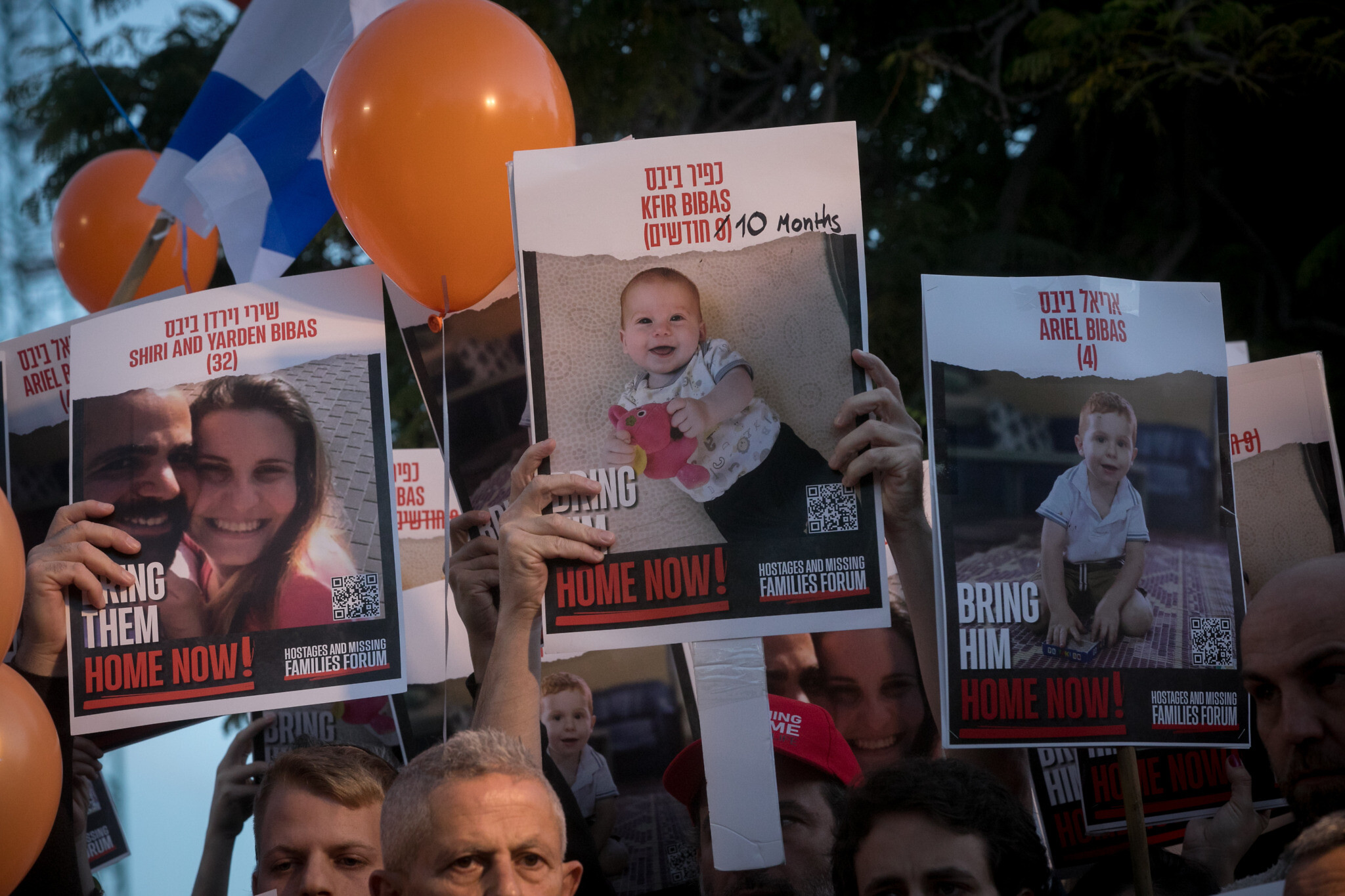Disclaimer: the views expressed here are solely those of the author, weekly Judean Rose columnist Varda Meyers Epstein.
--1--
As an American-born Israeli, I have worried about antisemitism
on American college campuses for decades. For me, it’s personal. My friends and
family are there. I worry about the physical safety of their children, but am actually
more concerned that the rhetoric will damage their psyches and souls. When we
text or speak I always want to ask, and sometimes do, especially if the kids
are seniors in high school, “Where will they be going to school?”
My question is no different after October 7th,
but now I voice it to the collective: Where will your Jewish children go to school,
now that all of us know they are unsafe? And where will they go to college?
Will they attend Hillcrest
High, where a Jewish teacher hid in a locked office for two hours? Will
they go to Citizens
of the World Charter School-East Valley where teachers spoke to first
graders about the “genocide in Gaza”?
Portland-area teacher Hailey DeMarre launched a harassment campaign against Beaverton School District after they told her to remove a Palestinian flag students had painted on the classroom wallshttps://t.co/QgI1CXX0pw https://t.co/QgI1CXX0pw
— The Post Millennial (@TPostMillennial) November 19, 2023
Sometimes I imagine what you are thinking now: How long until
it reaches the playground, the grocery store, the synagogue, now that it has been
proven without a doubt, that Jew-hatred can rise up, as it did on October 7th,
and sweep across a kibbutz, dance festival, or campus like a tidal wave.
It’s not about October 7th, but about the nature
of antisemitism. Too many of us don’t want to learn the lesson that yes, it can
happen again. And it did. Because it’s not enough to say a slogan.
--2--
I knew what this column would be called, but I didn’t know
what form it would take. All I knew was that I wanted to talk about the fears
that Jewish parents must be experiencing right now. Did I want to focus on the
individual schools? I didn’t know. I wasn’t sure what I’d need, but I did want
to get an idea of the scale. So I went online and boom, boom, boom. The
internet started blowing up. Within the hour I had found dope—antisemitic dope,
so to speak—on the following 33 schools, the majority of them institutes of “higher”
learning.
1.
University
of Michigan in Ann Arbor
2.
MIT
3.
Yale
4.
Columbia
6.
UC
Berkeley
7.
Harvard
8.
NYU
9.
University
of Southern California
10.
University
of North Carolina
13.
Brown
14.
UCLA
15.
Princeton
17.
Montclair
State University
18.
Brandeis
19.
Bard
College
20.
CUNY
22.
Oberlin
23.
George
Washington University
24.
Wellesley
26.
Cooper Union
27.
UC San Diego
28.
Stanford
30.
University
of Massachusetts
32.
Carnegie
Mellon University and University of Pittsburgh
33.
Citizens
of the World Charter School-East Valley
An hour’s worth of research cannot claim to be exhaustive or
authoritative. It is only disappointing that I found so much of this stuff in
such a short time, just surfing the internet. It’s not surprising; it’s unsettling.
I worry about Jewish children and what the hatred and violence is doing to them.
Antisemitism is a kind of crucible. Will they merely wrestle with fear, despair,
and faith, or are we looking at a Norman Finkelstein or Max
Blumenthal situation?
It’s hard for kids and adults of any age to go through this,
to experience antisemitism, no matter how jaded we think we are. It hurts—especially
when it comes from a teacher and the university does nothing, or when it happens where you least expect it.
This was discovered today at @BaruchCollege pic.twitter.com/JE4AlLGrM6
— Aviva Klompas (@AvivaKlompas) November 28, 2023
You know what I will say, because I must. I believe that the
answer of where your children should go to school is, “in Israel.” There is no
remedy for antisemitism, but there’s treatment: come to Israel and strengthen
your people. Take your children and move there—move to Israel. Make Aliyah. I
wish you would.
|
Or order from your favorite bookseller, using ISBN 9798985708424. Read all about it here! |

|






































.jpg)





